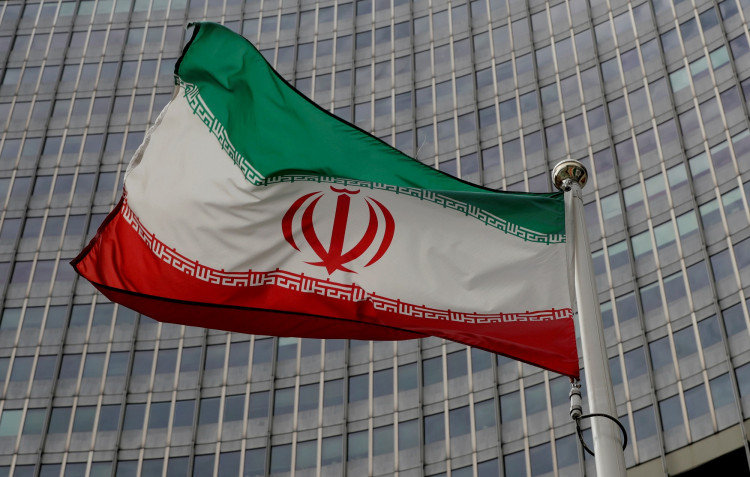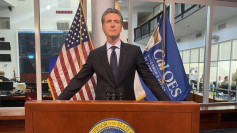Iran made demands unrelated to negotiations on its nuclear program during the most recent round of talks and has made troubling progress in uranium enrichment, according to a statement by the U.S. envoy for talks on establishing a nuclear deal.
Last week in Doha, Qatar, indirect discussions between Tehran and Washington to break a stalemate over how to preserve Iran's 2015 nuclear accord failed to produce the desired headway.
Robert Malley, the U.S. special envoy for Iran, stated that there was a suggestion for a schedule by which Iran might return to compliance with the nuclear agreement and Washington could reduce sanctions against Tehran.
Malley said Iranian negotiators submitted fresh demands. In an interview with National Public Radio, he added, "They have, including in Doha, inserted demands that I believe anyone looking at this would consider as having nothing to do with the nuclear agreement."
The demands included provisions that the U.S. and European Union have stated cannot be negotiated.
"The dialogue that actually has to take place right now is not necessarily between the U.S. and Iran, although we are open to that. Iran is competing against itself," Malley stated.
Iran is competing against itself, Malley stated. "They must decide whether or not they are now willing to return to conformity with the agreement," he added.
After speaking with EU's top diplomat Josep Borrell, Iranian Foreign Minister Hossein Amir-Abdollahian stated on Twitter tha agreement is only feasible if both parties share the same understanding and interests.
Abdollahian said they remain prepared to negotiate a robust and long-lasting accord and that the U.S. must determine whether it seeks a settlement or insists on maintaining its unilateral demands.
Ned Price, a spokesman for the U.S. Department of State, stated that there is presently no new round of book negotiations with Iran, adding that Tehran has repeatedly proposed extraneous demands that exceed the scope of the 2015 nuclear agreement.
Under the nuclear accord, Tehran restricted its uranium enrichment program, a potential avenue to nuclear weapons despite Iran's assertions that it seeks solely civilian nuclear energy.
In 2018, former U.S. President Donald Trump withdrew from the agreement, deeming it too lenient on Iran, and reimposed severe U.S. sanctions, prompting Iran to violate the pact's nuclear limitations.
Now, Tehran is far closer to possessing sufficient fissile material for a nuclear bomb, according to Malley, although it does not appear that they have resumed their weapons development.





